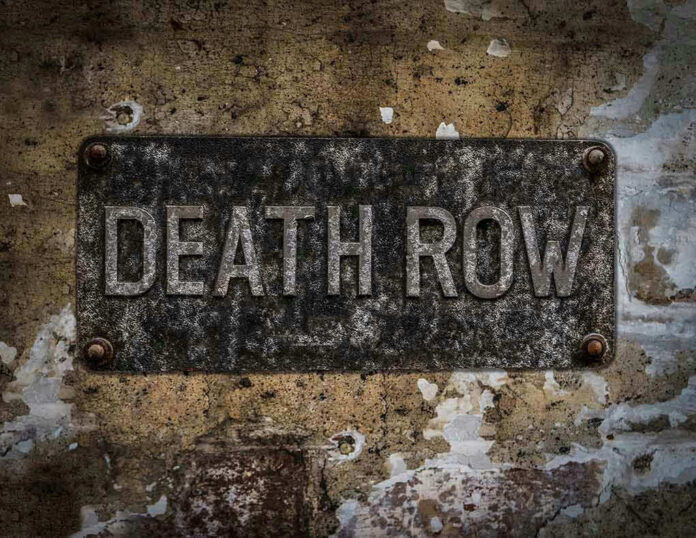
In an unprecedented legal twist, a Tennessee judge has greenlit the deactivation of a death-row inmate’s heart-regulating device just before execution, sparking a debate that could redefine execution protocols nationwide.
At a Glance
- A death-row inmate’s heart device will be deactivated before execution.
- The ruling raises ethical questions about medical professionals’ roles in executions.
- This could set a precedent for future execution protocols involving medical devices.
- The state faces logistical challenges in securing medical personnel for the procedure.
The Case of Byron Black
Byron Black, a 69-year-old on Tennessee’s death row, is at the center of a legal and ethical storm. Convicted of a triple homicide decades ago, Black’s health has steadily declined, leaving him with a host of medical conditions including dementia and congestive heart failure. His attorneys have raised concerns about his implantable cardioverter-defibrillator (ICD), a device that could cause undue suffering during lethal injection by attempting to revive him.
Why is this a big deal? This case isn’t just about one man’s fate. It touches on broader issues of humane treatment and the intersection of medical ethics and capital punishment. Black’s legal team argued that the ICD could complicate the execution process, prompting a judge to order its deactivation just before the lethal injection.
Legal and Ethical Dimensions
Nashville Chancellor Russell Perkins has given the green light for Tennessee to deactivate Black’s heart device at a hospital on the day of the execution. The order requires medical professionals and necessary equipment to be on hand, but it doesn’t delay the execution or add significant administrative burdens on the state. However, deactivating the ICD requires a doctor with specialized equipment, raising ethical questions within the medical community.
Medical professionals, bound by the Hippocratic Oath, face a dilemma: participate in the execution or stand by their ethical obligations. The American Medical Association and similar bodies generally oppose physician involvement in executions, adding a layer of complexity to the state’s task of finding willing participants.
Implications and Challenges
The ruling sets a potential precedent for handling medical devices in executions. Death-row inmates with similar health concerns may seek comparable accommodations, affecting execution protocols nationwide. The state of Tennessee plans to appeal the decision, adding another layer of complexity to the case.
Beyond the courtroom, this case has stirred public debate over the death penalty, humane treatment, and the role of medical professionals in executions. As the scheduled execution date of August 5, 2025, approaches, the state must navigate the logistical challenges of coordinating with medical personnel and facilities.












